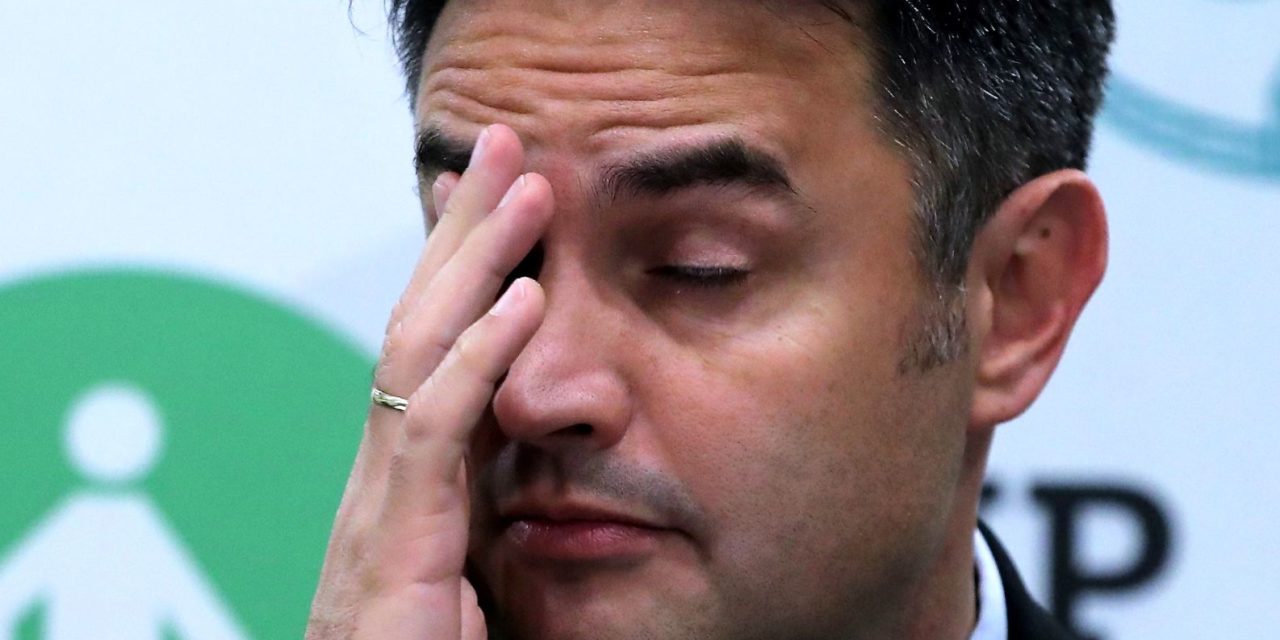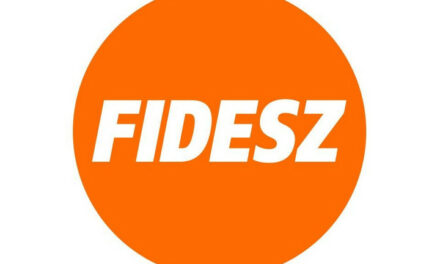The Russian-Ukrainian war overrode the previous campaign themes, and since then Prime Minister Viktor Orbán has consistently represented his pro-peace policy, while his challenger, Péter Márki-Zay, "was talking back and forth", and referring to this, he can change Hungary's policy of avoiding war if he wins the election, he said. the director of the Nézőpont Institute on radio Kossuth on Sunday.
Sámuel Ágoston Mráz emphasized in the Sunday newspaper program that in the event of Péter Márki-Zay's victory, he could say that he foresaw: he was open in all respects to Hungary becoming a part of the war in some way.
He pointed out, "in 2006, Ferenc Gyurcsány did not predict, but deceived the voters, now Péter Márki-Zay is predicting with difficulty, and this must be heard".
Political scientist Tamás Lánczi underlined: the opposition could have said that they were clearly behind the government on the issue of war and peace, so both they and the country would have been better off "than with this war propaganda they started".
On the other hand, the opposition made the war a campaign issue, and moreover, they "intervened on the side of the war," he said.
According to Tamás Lánczi, this is not surprising based on the past four years, since the government has clearly offered a hand of friendship several times, for example during the coronavirus epidemic, and urged national unity, but the opposition, "after a short, few minutes' hesitation", decided that in no way he does not help the government, "but opposes it in every possible way."
Sámuel Ágoston Mráz noted that the statements of the opposition, which draw parallels between the Russian-Ukrainian war and the events in Hungary in 1956, do not correspond to historical reality.
Tamás Lánczi said that the text messages sent by a mysterious company called DatAdat, registered in Estonia, are one of the biggest election frauds committed since the regime change.
He emphasized that this company has Hungarian owners, the former prime minister Gordon Bajnai, his former secret minister Ádám Ficsor and the former campaign chief of the MSZP Viktor Szigetvári, and the company's leaders include those who organized the campaign of the American left in the last decade.
Tamás Lánczi asked, if this company operates fairly, why is it not operating in Hungary, and how did it get access to voter data.
He emphasized that the company could illegally store such personal, confidential, sensitive data as name and phone number, which could be misused in a "very evil way".
Tamás Lánczi also spoke about the fact that sending out such messages can cost hundreds of millions of forints, which is why it is a problem that the company operates abroad, because the Hungarian campaign finance law cannot be applied to it.
The political scientist noted that, according to press reports, they tried to help the opposition with hundreds of millions of forints in the transatlantic region, "we were talking about cocaine money and others".
Ágoston Sámuel Mráz said that a distinction must be made when the given citizen gives a completely legal consent to the processing of his data by a party he likes, and then he is called, while in the case of DatAdat, an unknown organization obtained data anonymously.
"Who knows what will happen today, what messages the chosen ones will receive?" - asked.
The director of the Nézőpont Institute stated that messages sent from an unknown location with the intent to influence are considered illegal and contrary to the democratic spirit of the election.
He added that the OSCE election observers will issue their next report on Monday, "their credibility will depend on whether they mention this DatData case or just tell the usual mantra that can be found in all such European Parliament documents from the Western press onwards to find".
In addition, Tamás Lánczi called it amazing that this opposition has been demanding the expansion of the postal vote system for ten years, and then when they find "thirteen rotten postal votes" in Transylvania, they would abolish the whole thing.
"This is an insinuation", someone wanted to fabricate evidence of the corruption of the Hungarian electoral system, they wanted to create electoral fraud in order to invalidate votes from across the border, said the political scientist.
Sámuel Ágoston Mráz emphasized that throughout the campaign, Péter Márki-Zay tried to emphasize how much he loved the Hungarians across the border, and then, as a result of a "trick," he declared that the 2-300,000 votes they cast would be "thrown in the trash."
MTI
Photo: magyarnemzet.hu/Zoltán Havran












